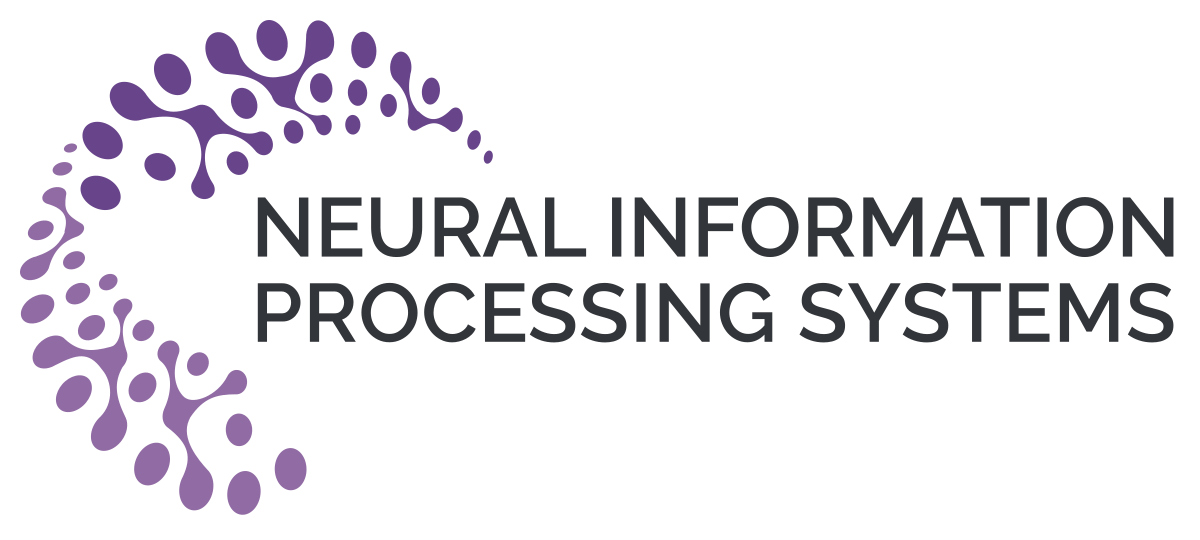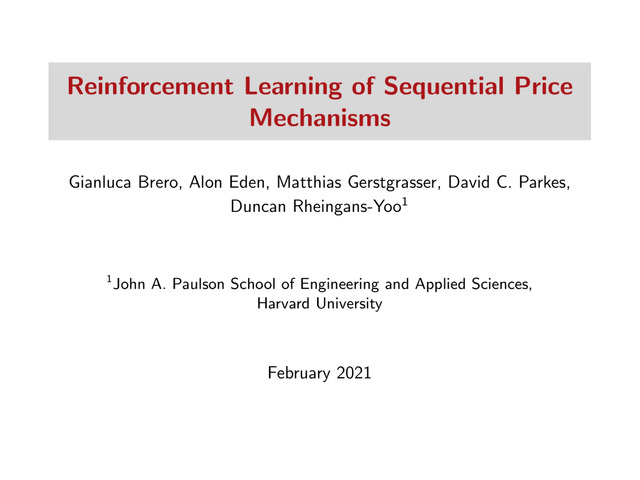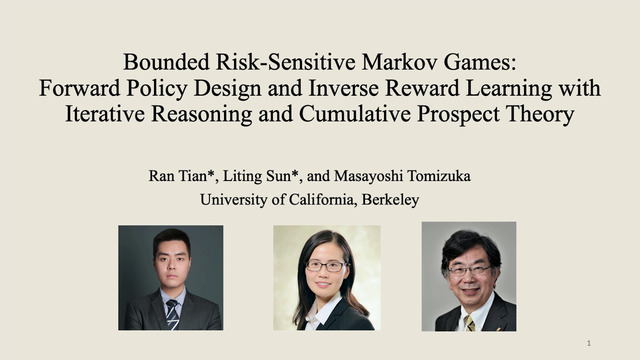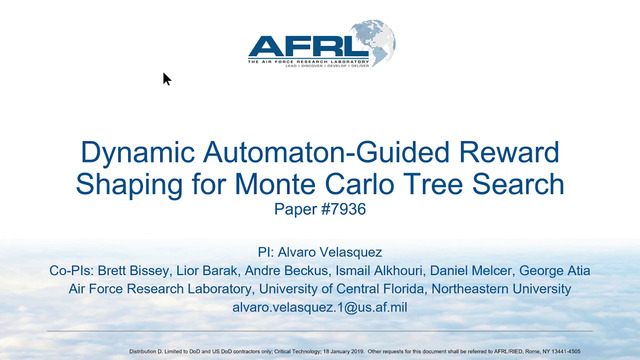Abstract:
Real-world networks, especially the ones that emerge due to actions of animate agents (e.g. humans, animals), are the result of underlying strategic mechanisms aimed at maximizing individual or collective benefits. Learning approaches built to capture these strategic insights would gain interpretability and flexibility benefits that are required to generalize beyond observations.
To this end, we consider a game-theoretic formalism of network emergence that accounts for the underlying strategic mechanisms and take it to the observed data.
We propose MINE (Multi-agent Inverse models of Network Emergence mechanism), a new learning framework that solves Markov-Perfect network emergence games using multi-agent inverse reinforcement learning. MINE jointly discovers agents' strategy profiles in the form of network emergence policy and the latent payoff mechanism in the form of learned reward function. In the experiments, we demonstrate that MINE learns versatile payoff mechanisms that: highly correlates with the ground truth for a synthetic case; can be used to analyze the observed network structure; and enable effective transfer in specific settings. Further, we show that the network emergence game as a learned model supports meaningful strategic predictions, thereby signifying its applicability to a variety of network analysis tasks.









































